The agitators, after categorically rejecting the interlocutors' report on Jammu and Kashmir calling it prejudiced, warned against any attempt to restore Kashmir's pre-1953 status.
Raising slogans against the report, the agitators said: “it is highly objectionable and will damage the unity, integrity and sovereignty of the nation”.
Mangalore MP Nalink Kumar Kateel addressing the protesters said that the saffron party would not hesitate to launch a movement if the UPA government at the Centre accepts the report of its interlocutors pertaining to special status for Jammu and Kashmir under Article 370.
"We will not sit as silent spectators and once again the nation will see the same movement once launched by (late) Shyama Prasad Mukherjee (the founder of the Bharatiya Jana Sangh)," he said.
Mukherjee had launched a movement against the entry permit system that prevailed in J&K earlier under which citizens from other parts of the country had to obtain a permit to gain entry, he said.
Mukherjee had also raised his voice against grant of special status to Jammu and Kashmir under article 370, he recalled.
"It was due to the wrong ideology of (India's first Prime Minister late Jawaharlal) Nehru that Article 370 was incorporated in JK," he said.
Carving out of a special status for Jammu and Kashmir was a "historical blunder", Mr Kateel said. "The provision was intended to create a separate psyche that J&K are not as much part of India as other states are.
"The history will have to sit in judgment that Nehruvian vision on Kashmir proved costly for India," he said.
Bajrang Dal leader Sharan Pumpwell speaking on the occasion accused the Congress led Union government of helping the Pakistan.
Sudhakar Joshi, Advocate Suvritha Kumar, Jagadeesh Shenava, Gopal Kutthar, Dr Vaman Shenoy and Monappa Bhandary were present among others.
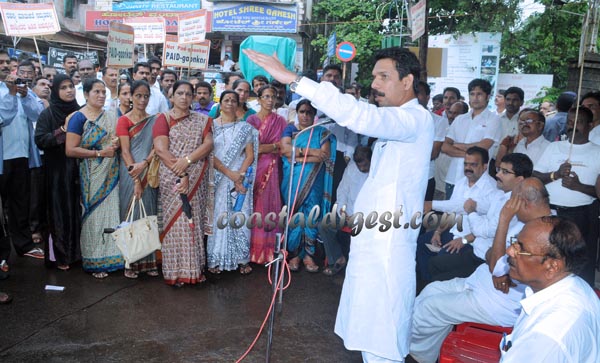
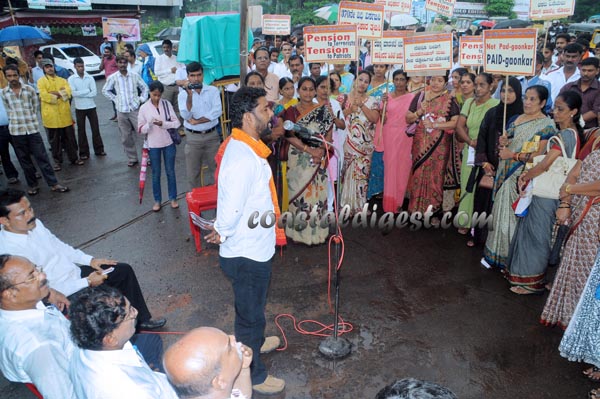
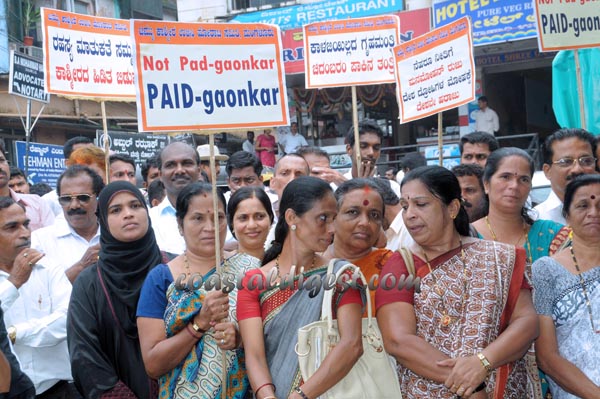
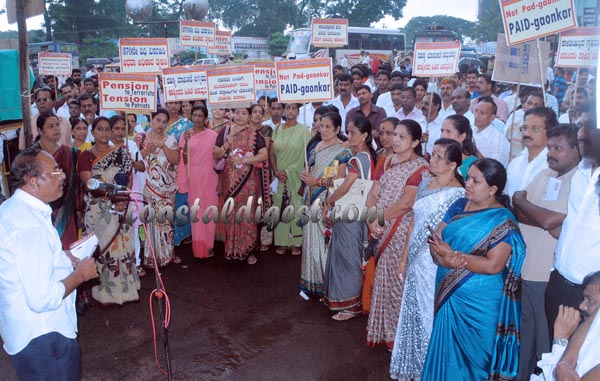
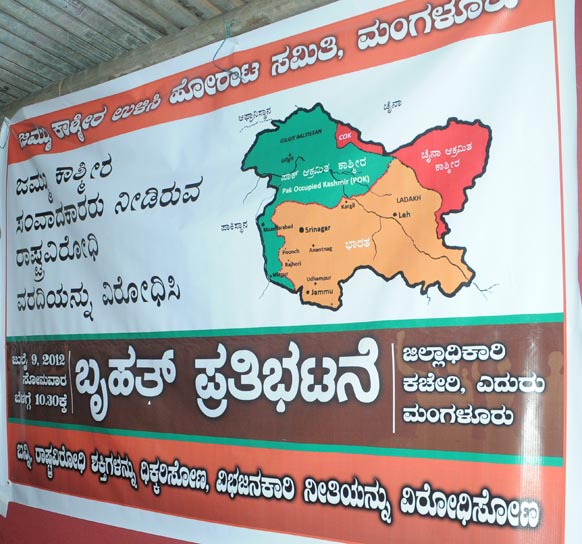





Comments
Add new comment